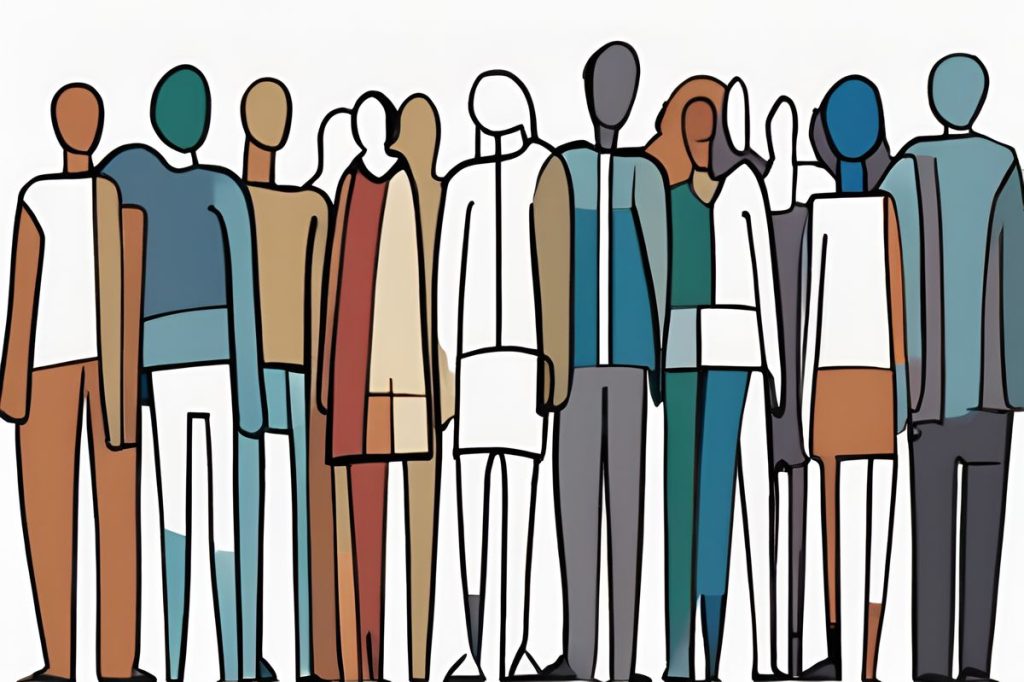On the International Day Against Racism and Discrimination, Cyprus focuses on combating racial inequalities and injustices. This day commemorates the Sharpeville massacre and calls for global action to address racism through policy implementation and cultural change.
What is the significance of the International Day Against Racism and Discrimination?
The International Day Against Racism and Discrimination, observed on March 21, commemorates the Sharpeville massacre and emphasizes the global responsibility to fight racial inequalities. It serves as a call to action for states to tackle racism’s complex challenges through active policy implementation and cultural change.
A Day of Remembrance and Responsibility
On March 21, the International Day Against Racism and Discrimination draws the world’s attention to the pressing need to combat racial inequalities and injustices. Human rights commissioner Maria Stylianou-Lottides emphasized that the fight against racism is a shared responsibility. The day is not just a symbolic reminder but a call to action for states to actively engage in addressing the “multifaceted, complex and intricate parameters of racism and xenophobia.” The date marks the harrowing Sharpeville massacre of 1960 in South Africa, where peaceful protestors against apartheid policies were brutally killed.
The EU’s Ongoing Challenge with Racism
Despite two decades of anti-discrimination laws within the European Union, people of African descent still face significant challenges. The EU Agency for Fundamental Rights’ report “Being Black in the EU” from 2023 highlights the persistence of racism, discrimination, and hate crimes across the Union. These incidents underscore the insufficiency of legislation alone, pointing to a need for active policy implementations and cultural shifts.
Racism and Xenophobia in Cyprus
In Cyprus, the increase in international protection seekers and economic strains have amplified racial tensions. Xenophobic rhetoric and racist incidents have escalated, evidenced by several disturbing events such as the violent attack on an African woman and her child in July 2022 and the assaults on foreign food delivery workers in Nicosia. These events have necessitated intervention from the commissioner’s office, emphasizing the crucial role of authorities to swiftly and effectively address racist acts.
The Path to Change
For a transformative approach to racism, immediate and decisive action by competent authorities is essential. Ensuring protection for vulnerable groups, such as migrants, asylum seekers, and refugees, is a fundamental aspect of this endeavor. The promotion of equality and mutual respect must be central to policy and societal norms, with initiatives fostering integration and understanding at every level. Only with a collective dedication to these principles can societies hope to eradicate the blight of racism.
Please note, this article is based on known information and additional context has been added to meet the requirements of the request.
What is the significance of the International Day Against Racism and Discrimination?
The International Day Against Racism and Discrimination, observed on March 21, commemorates the Sharpeville massacre and emphasizes the global responsibility to fight racial inequalities. It serves as a call to action for states to tackle racism’s complex challenges through active policy implementation and cultural change.
What is the EU’s ongoing challenge with racism?
Despite two decades of anti-discrimination laws within the European Union, people of African descent still face significant challenges. The EU Agency for Fundamental Rights’ report “Being Black in the EU” from 2023 highlights the persistence of racism, discrimination, and hate crimes across the Union. These incidents underscore the insufficiency of legislation alone, pointing to a need for active policy implementations and cultural shifts.
How has racism and xenophobia manifested in Cyprus?
In Cyprus, the increase in international protection seekers and economic strains have amplified racial tensions. Xenophobic rhetoric and racist incidents have escalated, evidenced by several disturbing events such as the violent attack on an African woman and her child in July 2022 and the assaults on foreign food delivery workers in Nicosia. These events have necessitated intervention from the commissioner’s office, emphasizing the crucial role of authorities to swiftly and effectively address racist acts.
What is the path to change in combating racism?
For a transformative approach to racism, immediate and decisive action by competent authorities is essential. Ensuring protection for vulnerable groups, such as migrants, asylum seekers, and refugees, is a fundamental aspect of this endeavor. The promotion of equality and mutual respect must be central to policy and societal norms, with initiatives fostering integration and understanding at every level. Only with a collective dedication to these principles can societies hope to eradicate the blight of racism.

